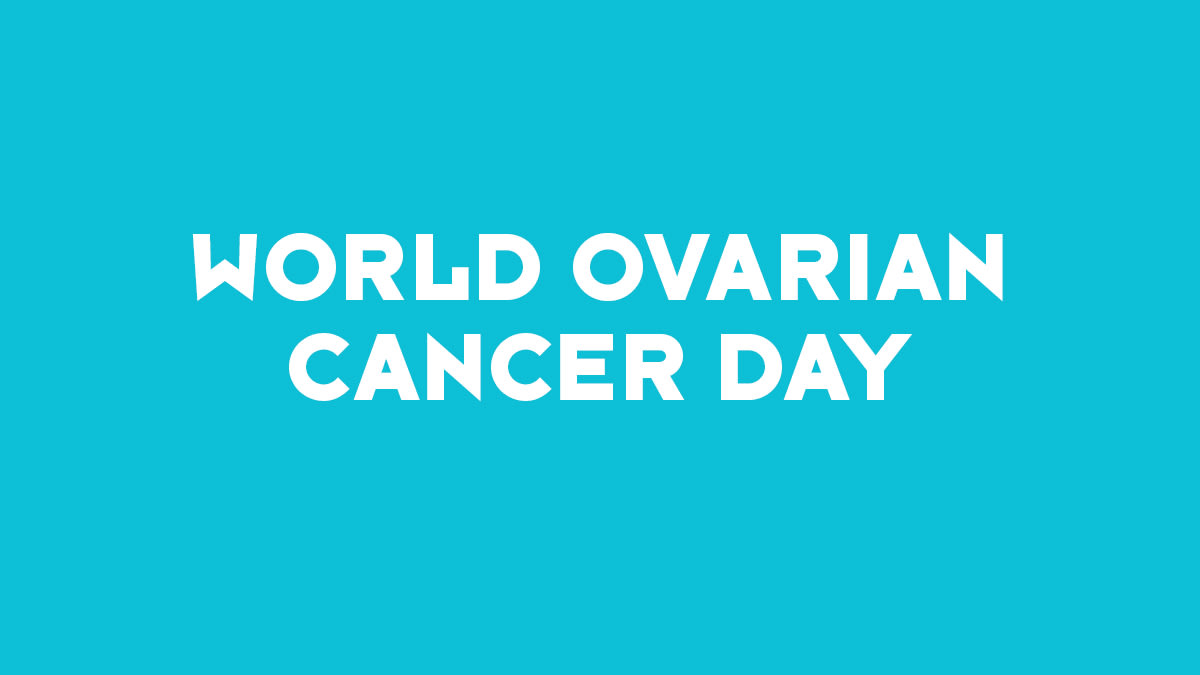Ovarian Cancer: What You Need to Know About This Silent but Deadly Disease
May 6, 2024
Found in General, Ovarian Cancer

In honour of World Ovarian Cancer Awareness Day, BC Cancer Foundation is sharing five important facts about this type of gynecologic cancer.
1. The Stats
Each year in B.C., more than 300 women will be diagnosed with ovarian cancer. About 40% of those who are diagnosed will live past five years of diagnosis.
2. Symptoms and Screening
Ovarian cancer symptoms are subtle and often mimic other less serious conditions. They include bloating, abdominal pain, frequent urination and feeling full quickly when eating.
People with ongoing or worsening symptoms should see their physician. They should also talk to their physician if they are at a higher risk of ovarian cancer.
Currently, no screening test for ovarian cancer exists.
3. Cause and Risk Factors
The cause of ovarian cancer is not always clear.
People with a family history of ovarian, breast or colorectal cancer have a higher risk of developing this disease. Taking hormonal contraception and breastfeeding have been associated with lower risk of ovarian cancer.
4. Ovarian Cancer Prevention
In 2008, B.C.’s world-renowned Ovarian Cancer Research Group (OVCARE) — now known as the Gynecologic Cancer Initiative (GCI) — discovered that ovarian cancer is multiple distinct diseases.
This led Dr. Dianne Miller to develop the first ovarian cancer prevention surgery that is now used worldwide: opportunistic salpingectomy. The surgery removes the fallopian tubes, where most ovarian cancers start.
5. Testing for Inherited Cancer
GCI has partnered with BC Cancer’s Hereditary Cancer Program to increase access to genetic testing for people at high risk. Thanks to the Diamond Foundation’s generous gift, more individuals can undergo testing for BRCA1/2 gene mutations that put them at higher risk for cancers, including ovarian and breast. Identifying these patients enables them, and their family members, to access increased screening or risk-reducing interventions.
If you have symptoms or questions about screening, speak with a health care provider.

Transform the Future of Cancer Care
Support BC Cancer's world-leading ovarian cancer research.
Donate NowSource: BC Cancer


